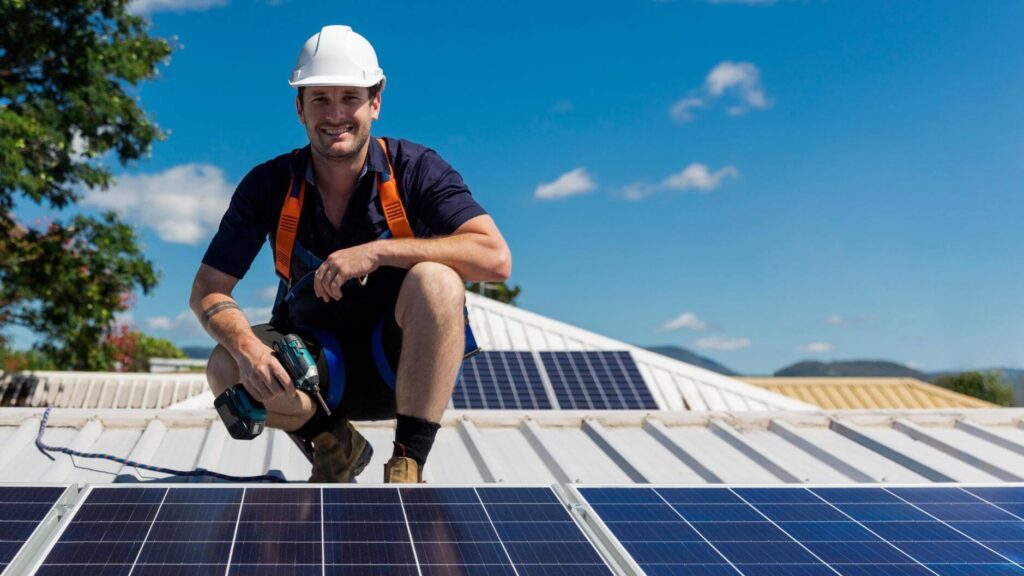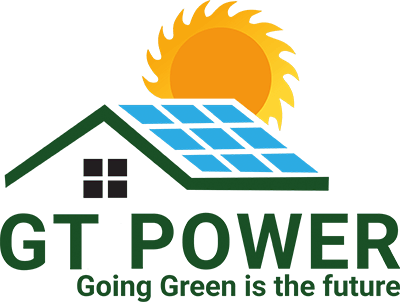
What’s the difference between buying solar panels with a loan and leasing them? If you’re wondering what’s the best option for you, you’ve come to the right place. Let’s go through what you need to know about buying vs. leasing solar panels.
There are three ways to purchase solar panels: cash, solar loans and solar leasing, otherwise known as a power purchase agreement (PPA). The best way for you to enjoy the benefits of clean, renewable energy depends on your particular needs and financial goals.

The financial benefits of buying a home solar energy system with full cash upfront include:
Let’s go through some of the pros and cons of leasing solar panels compared to purchasing solar panels with a loan. Make sure you talk to a qualified solar professional to find out what makes sense for your particular situation.

Leasing solar panels means that you do not own them. This means if you decide to move, you will have to contact the solar company to negotiate purchasing the lease or transferring to the new owner.
In comparison, with a solar loan your home will likely sell for more and faster, according to studies. And since you’ll receive a higher amount for your home, you could even recover the amount of the loan.
Depending on your state, you’ll be eligible for solar rebates, incentives or state tax incentives if you purchase your solar power system instead of leasing it. In addition, the federal government hands out the best solar incentive: the solar federal investment tax credit (ITC) which is currently 30% through the end of 2032*. This federal tax credit will go to the owner of the system, which is more reason to purchase your solar system instead of leasing.
Why shouldn’t you lease solar panels? The answer depends on your motivation for owning the system, but overall buying a system is a much better option in most cases. If you’re looking for lower electric bills and want to eventually produce free energy for your home, buying solar panels can be a great investment.
One of the things to consider when deciding whether to lease or buy your solar panel system is whether you want to sell your home within the lifetime of your loan or leasing agreement.
Moving a solar system from your home is costly and not a great idea, especially since solar panels increase the value of your home, leading to a higher selling price as well as less time on the market. In fact, there is research on it.
This means that having solar panels installed on your home is a great idea, but if you’re considering moving, you’ll have to take that into account when deciding between leasing or buying your system. In this case, buying your system with cash or with a loan is possibly a better investment.
